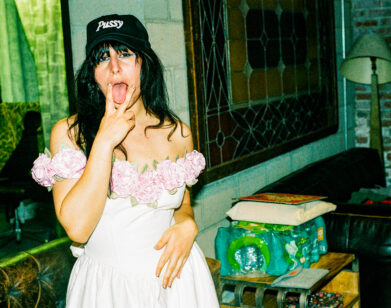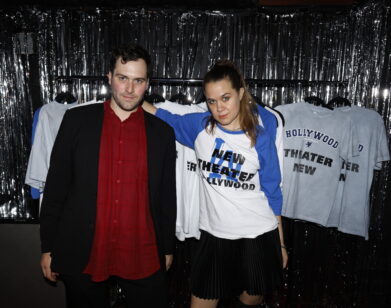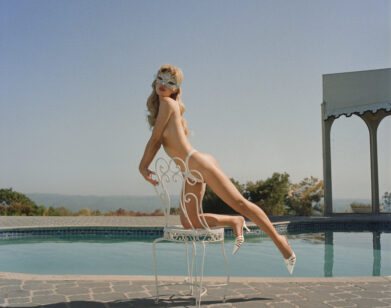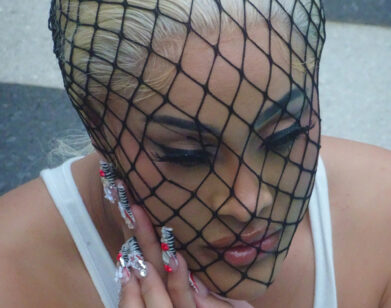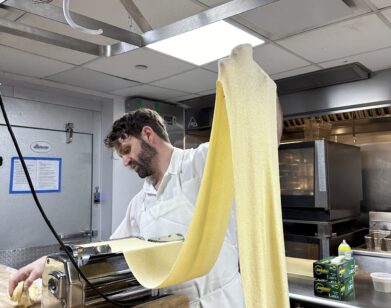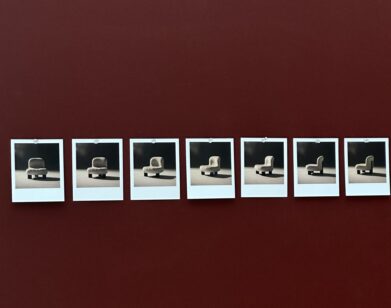The Body Beyond Biology
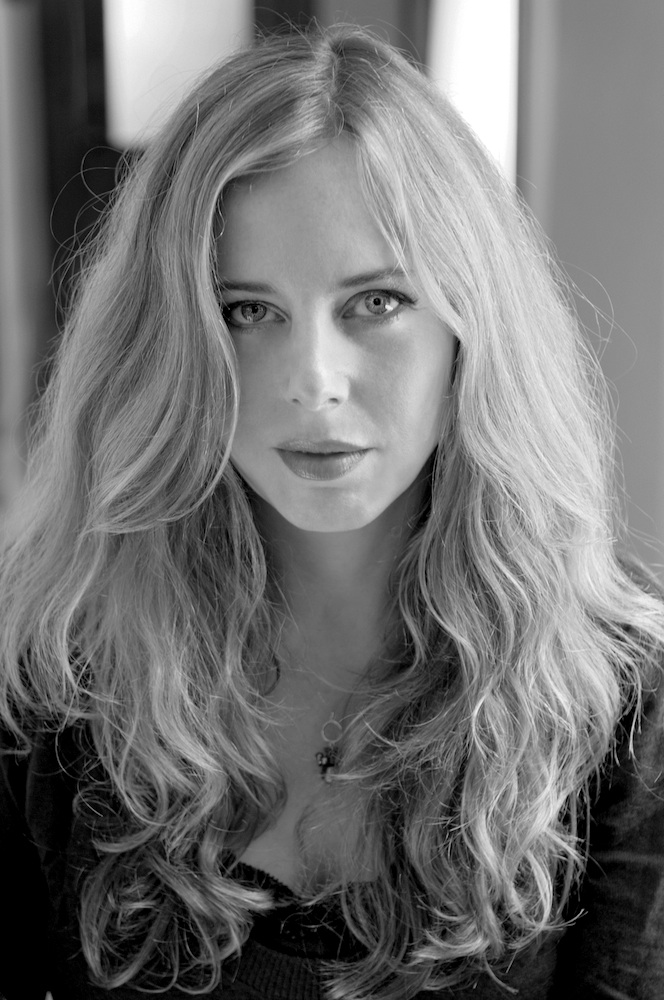
ABOVE: DEBORAH LANDAU. PHOTO COURTESY OF SARAH SHATZ.
In her third poetry collection, Uses of the Body (Copper Canyon Press), Deborah Landau bravely and tenderly charts rites of passage experienced through the female form: bearing witness to marriage, aging, motherhood, and death. With poems at once intimate, urgent, seductive, and sad, Landau explores the idea that we come of age not once, but again and again. She chronicles a body bargaining with life: “there is so much fear/ I could draw you a diagram,” a self aiming to “drive straight on through/ this fraught place, without pulling over.” With her help, we’re able to consider how it is “to have a body today/ and walk in this city in the sun,/ a bit shocked to find ourselves actually here.”
The LA Times has compared Landau to a cross between Dorothy Parker and Sylvia Plath: all dark wit and wildly inquisitive. In addition to her own writing, she acts as director of NYU’s Creative Writing program in Greenwich Village and oversees the low-residency MFA in Paris. She keeps a home in Brooklyn with her husband and three children.
We spoke with Landau about losses that propel poems, the surprising muse of Lana del Ray, and how we pass bits of ourselves along through genetics and art.
SARAH HERRINGTON: The poems in this collection made me think of that Whitman line: “I am the poet of the Body, I am the poet of the Soul.” How did you land on the body as a topic?
DEBORAH LANDAU: I wanted to consider the pleasures and complexities of living in a body and in particular a female body. The phrase “the uses of the body” was a little engine that drove the poems along. I kept returning to that line as a sort of refrain, and it helped me to riff on the many ways in which the female body can be “used” and then, eventually, find itself “used up.” The apparent biological uselessness of the female animal post-reproduction was troubling me. What is a woman’s body good for then? The earth is sort of done with her at that point. Of course I’m only talking about the biological “uses”—the uses of the body in the most literal sense.
HERRINGTON: The idea of such uselessness depresses me, especially since not everyone’s life traces the same trajectory of steps. In these poems, some of the stages of life you touched upon felt expansive, others claustrophobic. Do you feel these rites of passage anchor us? Do they trap us?
LANDAU: Well, the book begins with a wedding, and is very much an exploration of the rites of passage that keep us moving forward in our lives. And as for that sense of claustrophobia, well yes, we’re trapped in bodies that are born, grow fertile, reproduce, age, and die—and there’s no way to avoid it, though people try! “Fastened to a dying animal,” as Yeats puts it.
Because I lost my mother early, I’ve sometimes felt I haven’t had anyone to show me the way. When I look to the future there’s only a blank. “I can’t see past the point where I am,” the speaker says at one point—”like you, I’m just passing through.” If my mother were still alive I imagine I’d have a clearer sense of what a meaningful, vital life might look like 25 years down the line.
HERRINGTON: I loved your line: “Mother’s been dead a decade/ but her voice comes back to me now and often./ Life accumulates, a series of commas.”
LANDAU: Thank you. My first book begins with a long sequence about my mother’s illness and death. We were very close. She died young when I was 29. There’s a line by Lisel Mueller that stays with me: “the death of the mother hurt the daughter into poetry.” Then I had two sons. I thought I’d never be part of the mother/daughter dyad again—and had come to terms with that as best as I could—and then my daughter showed up. This book is dedicated to her.
HERRINGTON: When your daughter shows up at the end in an ultrasound “silverfisted on the screen”—that’s a great image. How does directing the NYU Creative Writing program inform your own writing?
LANDAU: My days are filled with work I love—reading poems, writing poems, talking with people about poems, teaching, directing a writing program, hosting readings, etc. NYU’s creative writing program lives in a townhouse on 10th Street that is a home for our writers: the faculty are writing their books there, the students theirs, and at night there are readings—it’s an incredibly vibrant and energizing environment. Teaching, too, is a great source of sustenance—I learn so much from the students, from what they’re reading and trying out in their poems.
HERRINGTON: So many accomplished authors are associated with the program, people like Zadie Smith and E.L. Doctorow. Have you found yourself intimidated or star-struck by any of them?
LANDAU: I adore the authors I work with, and many have become friends. When I interviewed for the director position E.L. Doctorow was on the committee, which seemed formidable at the time. But he’s been a wonderful mentor to me over the years.
HERRINGTON: Do you have any particular rituals when you write?
LANDAU: Well, I like to write while listening to music. I’ve always wanted to write a poem that could generate heat like music. My book The Last Usable Hour was written almost entirely to Chopin’s nocturnes, for example. At some point during the writing of this book I was watching the video of Lana Del Ray’s song “Video Games,” which is like a little film, actually, and it triggered something in me. The sense of nostalgia is so potent in those images of old Hollywood, and in the sound of the music, too.
HERRINGTON: Lana Del Ray is such a surprising muse. Though she does have a definite sense of femininity and remembrance about her.
LANDAU: Something broke open for me right then in terms of language and then the last section of the book came pouring out. The subject matter of those poems has nothing at all to do with the lyrics of the song—but I think there’s something that corresponds in terms of tone.
HERRINGTON: The body is so complex and unruly throughout, though the book ends, to me, with a sort of peaceful set of words: “Borderless and open the days go on—” This sense of being-ness. Is there anything you hope the reader walks away from this book considering?
LANDAU: I don’t write poems with a purpose in mind, but I’d hope that some readers would find their experiences mirrored or articulated here—and that the language would feel alive to them. Alive, in a way that is meaningful and pleasurable.
DEBORAH LANDAU’S USES OF THE BODY COMES OUT TODAY, APRIL 21.

